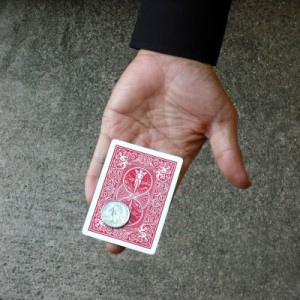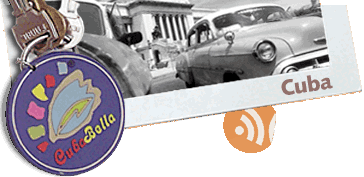Cuba explains vanishing trick of frozen bank accounts
HAVANA – Cuba is offering foreign businesses percent annual interest over five years as part of a plan to repay hundreds of millions of dollars in bank accounts frozen by the cash-strapped government, diplomatic and business sources said this week.
The government is hoping the interest payments will encourage companies to keep doing business with import-dependent Cuba while the country gradually unblocks the frozen accounts. The aim is to do this without depleting communist-led Cuba’s financial reserves.
The offer from the state-run banks consists of monthly payments over five years at 2 percent interest, with the proviso that payments can be missed without penalty when money is not available.
“Some people are taking the deal. At least the funds go from a
nonperforming asset at no interest to a performing certificate of
deposit,” one western commercial officer said.
“The alternative seems to be nothing. It’s an offer you can’t refuse,”
he told Reuters.
Cuban banks first informed depositors in November 2008 that they had no foreign exchange to back up the convertible peso, or CUC, in which many were doing business.
At the time many traders sold their wares in exchange for CUCs, which banks honored at an exchange rate of $1.08 per unit, handing over cash or transferring funds out of the country.
But the banks told them that devastation from three 2008 hurricanes,
wild price swings for imports and the country’s main export, nickel, and the international financial crisis so depleted Cuba of cash that
“temporary” holds had to be placed on their accounts.
FROZEN ACCOUNTS
At one point, in February 2009, hundreds of suppliers, joint ventures
and other companies had an estimated $1 billion frozen in Cuba’s banks.
In August 2009, the government released part of the blocked money so companies would continue selling to the country.
Suppliers since then have sought payments either offshore or with
letters of credit stamped “CL,” instructing banks to clear the funds.
Upon receiving Cuba’s payment plan offer, some companies have asked for some of the blocked funds up front, and others for a higher interest rate, sources said.
But attempts to bargain over the offer are met with a shrug, a “we will get back to you” and an explanation that it is not up to the banks, said the sources, all of whom wished to remain anonymous for fear of retaliation by the government.
“The message is that the suppliers have had a good business with high margins over the years, and might have them again if they stick it out,” a European commercial attaché said.
The government has provided no information about the number and amounts of the frozen accounts, but President Raul Castro said in a December speech, “The amount of blocked funds has been reduced by more than a third.”
“We ratify our firm willingness to honor to the last penny our debts, in relation to the possibilities of the economy,” he told the Cuban National Assembly.
The offer does not extend to joint venture partners and foreign
companies administering hotels and banks. They also have had money difficulties with the Cuban government, but are said to be working out their own arrangements to recover funds.
Cuban officials told the National Assembly in December the country’s
economic crisis had stabilized, but government spending would be limited in 2010.




